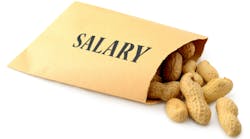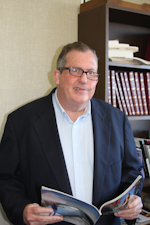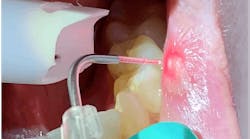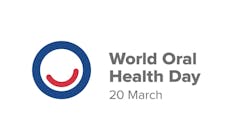Health-care researchers note dental hygienists' divided sentiment over 'adequate' compensation
About half of American dental hygienists believe they are adequately compensated for the health-care services they provide, according to data collected by InCrowd.
InCrowd, an online health-care marketing research company, interviewed 225 US dental hygienists and found that members of the profession are nearly evenly split on whether they are “adequately compensated.” InCrowd reports that 52.4% of dental hygienists believe they receive at least fair compensation while 47.6% do not.
“Dental hygienist careers seem to have few opportunities for advancement, with 75% of dental hygienists saying they have never received a promotion,” reports InCrowd, which specializes in measuring physician preferences for the pharmaceutical industry.
InCrowd also received comments from dental hygienists in the survey, including one who said, “I feel like I need to make more than what I do with 29 years of experience.” In contrast, another dental hygienist told InCrowd, “In my present office, I feel respected for my knowledge and productivity from my boss and that is very important to me. Monetary compensation is on par with this area I feel.”
The researchers also asked about pay increases and noted an inconclusive trend for pay raises in dental hygiene. Pay increases were reported as follows:
- 13% in past six months
- 17% in past twelve months
- 27% in past two years
- 16% in past five years
- 9% no increase
One hygienist stated, “I sometimes feel frustrated with the stagnant nature of my job.” Another hygienist offered a different perspective: “Although I haven't had a raise recently, my boss gives very generous Christmas bonuses ($1,000-plus), birthday gifts, fancy paid staff dinners, and also pays for lunch daily.”
According to the survey, 86% of dental hygienists have been encouraged “to attend relevant events and conferences, or received recognition for their work.” The researchers said dental hygiene “does appear to be a profession, however, in which recognition and other professional growth opportunities are encouraged."
In addition, 60% reported to InCrowd that they have never experienced sexual harassment. The remaining 40% identified their encounter with sexual harassment as:
- 10% from colleagues
- 16% from patients
- 14% from both patients and colleagues.
The question on sexual harassment apparently was a key factor in InCrowd’s survey of the dental hygiene profession.
“InCrowd ran the survey because they had heard in previous research from physicians and nurses about the harassment they had experienced in the workplace and thought that the environment for dental hygienists had not yet been delved into by other research organizations,” Danielle Schroth, InCrowd's director of crowd development, told RDH eVillage. “They also asked about their (dental hygienists’) feelings regarding their compensation because when we asked other health-care professionals their feelings on the matter, many were neutral to negative on what they were compensated for their work.
“Given many HCPs reporting hostile work environments with either verbal, sexual, or physical harassment, it seemed natural to inquire that given those hurdles, what hygienists felt about how they were compensated in relation to the environment they described.”







